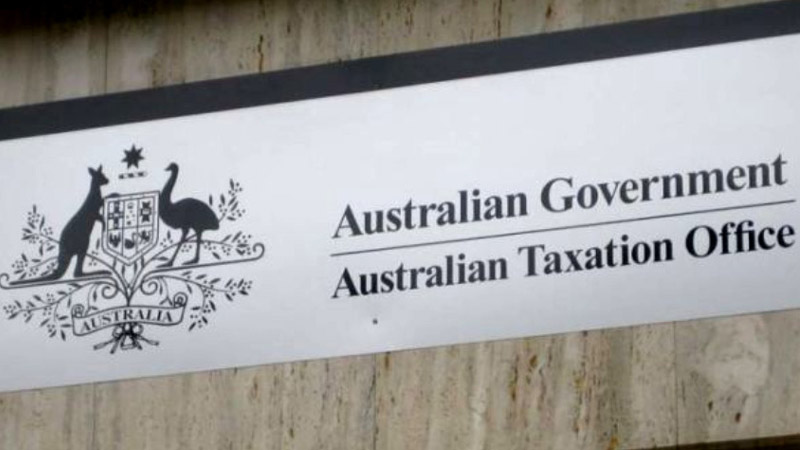Shades of robo-debt scandal in SMSF penalty disclosure
The way the ATO is currently dealing with SMSF compliance breaches is extremely distressing to trustees and could lead to mental health issues similar to the Centrelink robo-debt scandal, according to a leading SMSF auditor.
Tactical Super director Deanne Firth told SMSF Adviser that the ATO appeared to be using scare tactics to personally target trustees rather than their accountants or legal representatives, in order to force quick settlements on penalties worth hundreds of thousands of dollars.
“The ATO sends out six-figure penalty letters directly to clients, opening with ‘you may be disqualified’ followed by a list of sections the trustee has contravened and then an administrative penalty amount as well as any fines,” Ms Firth said.
“The current way the letters are issued is frightening and confusing — these fines are payable personally, and I believe it is only a matter of time before someone receiving a letter like this does commit suicide.”
Further, Ms Firth said the ATO had been lax in disclosing the scale of penalties collected from trustees, as well as acting on contravention reports from trustees who had self-reported a breach.
“Unlike the excess concessional contribution charge, the ATO has not been open about the amount they have collected from administration penalties or the number issued,” she said.
“The delay between when a contravention report is lodged and when the ATO audits the fund and issues the penalty can also be up to three years; in this time, the penalty amount has usually increased.”
Ms Firth said she believed this lack of transparency on the part of the ATO was a deliberate attempt to force quick settlement of fines from trustees without the need for a legal mediation process.
“In my experience, the ATO uses the large penalties as a way to then make a low offer and a deed of settlement — this saves them legal and review costs, as the taxpayer having seen the size of the initial penalty is quick to accept the reduced one,” she said.
“In one case I have seen, the penalty offered under a deed of settlement was 97 per cent lower than the initial penalty. That to me indicates they are using scare tactics rather than a process for remission of penalties.”
With the ATO having flagged a review of administrative penalties in September, Ms Firth said a better process should be put in place to involve trustees’ tax agents in penalty disclosure as well as remitting penalties in cases where ATO inaction played a role.
“There needs to be an upper limit on the amount of fine you can just send in a letter. Anything above that needs to be directed through the tax agent so an explanation about the appeal process and the settlement deed process can be communicated immediately,” she said.
“I also believe the remission process needs to consider the timeliness of the ATO’s action. If a contravention report was not acted on for three years and because of that the breach was not resolved, there needs to be provision to remit some of the penalties.”
If this story raises issues for you, you can contact Lifeline Australia on 13 11 14.








